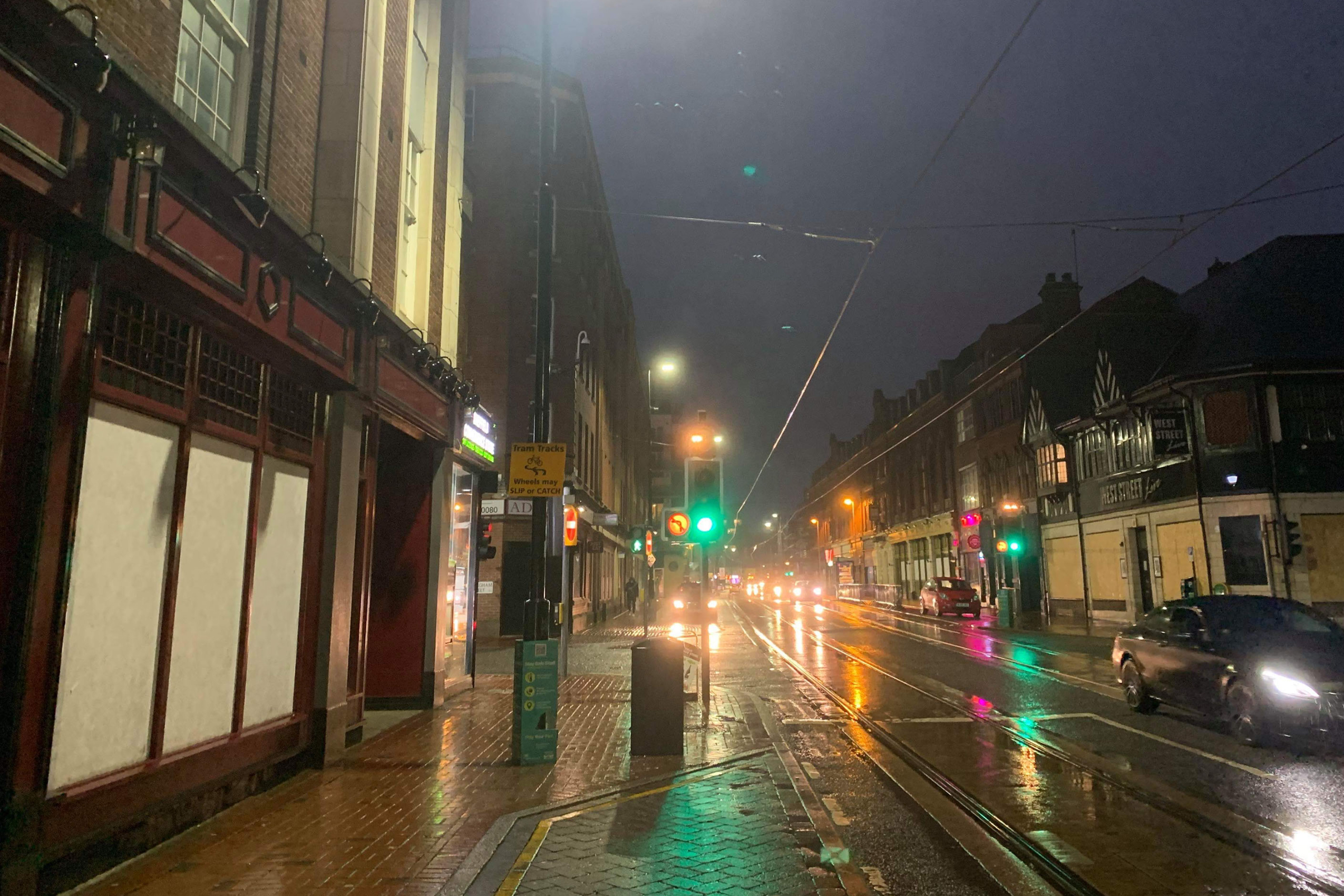Fiercely contested local elections are finally taking place across the UK this Thursday, with extra anticipation built up after a year-long delay due to the coronavirus pandemic.
These elections have a huge impact locally, but are also an important opportunity for the electorate to send a message to parties nationally.
To help break through the noise and help you focus on the core issues when considering your vote, we are breaking down pledges and policies of Sheffield’s three biggest political parties. These are Labour, Liberal Democrats and the Green Party.
The Green Party are the Town Hall’s smallest party, but command a respectable eight seats. Only one of these seats will be contested this Thursday, that of local party leader Douglas Johnson. It is a statistical impossibility for the Greens to win a majority in this election, but a strong Green mandate could influence the politics of the winning party. Their manifesto is the same as the budget amendment they submitted this February and was voted down by all Labour and Lib Dem councillors.
Coun Johnson (pictured) said: “Unlike the Chancellor [of the Exchequer, Rishi Sunak MP], Sheffield Greens are serious about doing what we can to address the climate emergency and to protect the poorest in society.
“The climate crisis needs government spending on the scale of what was available for the Covid pandemic. At a local level, our budget proposals focus on what is achievable here and now.
“These proposals will make people’s lives better, especially for the poorest households and small businesses who have been worst affected by Covid. As well as a major investment in climate jobs, we offer real help for low-income families with substantial extra funding for advice work, a big boost to the council tax hardship scheme and lower heating bills in warmer homes.
“I don’t expect the Chancellor to recognise the reality of low-paid work or applying for universal credit but our budget shows these go hand-in-hand with tackling the climate crisis.”
The Climate Emergency
As their name might suggest, environmentalism is the central and guiding force behind Green party policy. They are proposing to employ an entire staff team to work on the climate emergency, warmer homes and local, clean energy production, such as solar farms.
The Greens also want to create a Carbon Reduction Investment Fund of £3m, alongside and investment of £500,000 on solar panels for school buildings and £1m on solar panels for council houses. They would also provide cheaper bulky waste collection for low-income households.
Transport
Transport is instrumental in the Green’s low-carbon agenda. The party plans to make all buses and trams free at Christmas, in addition to an electric FreeBee bus for the city centre bus year-round.
As well as creating better walking and cycling routes in the city, they are planning £1m for low-traffic neighbourhoods.
Covid Recovery
Because environmental spending pledges can sometimes disproportionally affect the poorest members of society, the Green Party are pledging £2 million to offset higher council tax bills for low income households.
The party also wishes to support businesses coming out of lockdown, by extending the contracts of the business advisers to the end of 2021. This will cost £95,000.
They will also support the voluntary sector with an increase of £142,000 for anti-poverty work in advice centres, previously cut by Labour. They believe this will protect jobs and help people facing the difficulties of universal credit and other issues arising from the Covid pandemic.
Devolution
The Green Party supports the committee system over the “strong leader” model in the upcoming council governance referendum, also taking place on 6 May. This is in part due to the treatment of peaceful protesters against the Streets Ahead project by the current council administration.
Polls open at 7am and close at 10pm on 6 May 2021.




